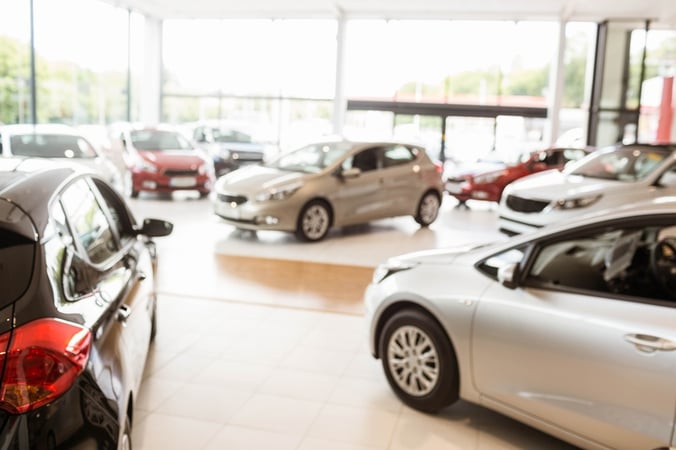
Buying a car is an exciting prospect, but because it’s a big purchase, it’s not something you should take lightly. Used cars can be an excellent investment—you avoid the first-year depreciation, which is 19% on average. You typically will be able to afford better options and features as well. Plus, you usually have less fees, taxes and insurance rates.
Even with all the benefits, buying used means you need to be even more diligent about researching and gathering information. In fact, there are a few things you should always inspect before buying a used car.
What to Look for Before You Buy a Used Car
The four most important things to inspect before you buy a used car can be broken down into categories: Exterior, interior, performance and provided information. This covers pretty much everything you’ll want to know. Here’s how to go about inspecting your prospective new ride:
Exterior
Start your journey by wandering around the car, truck or SUV you’re interested in. While doing so, look at:
- Fluid leaks – Does the vehicle leave puddles where it parks? That’s never a good sign.
- Exterior condition – Inspect for rust, dents or any signs of accidents.
- Tires – Check the tread on the tires. Are they bald, or do they still have some life left in them?
- Glass – Many people don’t realize that windshield and window glass actually contribute to the structural integrity of your vehicle. Look for cracks or dings that may become a bigger problem or compromise your safety.
- Lights – Turn on the vehicle and make sure all the lights are in good working order, even the hazard lights and turn signals.
- Underside – Check for corrosion, cracks or anything that doesn’t look right.
Interior
Once you’ve perused the outside of the vehicle, it’s time to start on the inside. This includes more than you think, including:
- Under the hood – Are there any signs of leaky fluids, corrosion or buildup? Do the hoses and components look clean and in good condition? Even if you aren’t a professional, you can usually tell if something isn’t right. There are also websites that can tell you what you're looking at and what to look for.
- In the trunk – The majority of car buyers don’t look at the trunk for anything other to see how much it will fit in gear and groceries. However, the trunk is a great place to look at the frame of the vehicle. Inspect to make sure there are no signs of accidents. Also check for any moisture or musty smells.
- Interior – Inspecting the interior will take some time. Check for rips, tears, moisture, seat condition and function, instruments, controls, sound system, electronics, pedals and the ceiling. Try everything out, which is fun!
Performance
If the vehicle passes the first round of inspections, move on to performance. This means a test drive. You’ll want to check out every situation you can, like turns, slow roads and freeways. Here are some things to watch, feel and listen for:
- Squeaks, squeals, knocks and other odd noises – You’ll want to turn the radio off and open a window as you drive around. Listen for odd noises, bumps, thumps or screeches. A car in good working order doesn’t make too much noise.
- Tremors and shakes – Use your sense of touch for anything that doesn’t seem right as you drive. This can mean tremors or shakes, or anything else that bumps.
- Watch – Does the vehicle have anything that looks out of place? Is something not working? Keep an eye out for things cars, trucks and SUVs shouldn’t do.
Provided Information
If you’ve passed the first three tests, look to the information provided as the final part of your inspection. Vehicle history, warranty information and car statistics (odometer reading, model year, etc.) are all important pieces of the overall picture. Feel free to use the information for your own research as well, such as the used car value and reviews. Decide how old is too old, and how much mileage is too much mileage. Look at the MPG—can you afford the gas? The more you know, the easier it is to make a decision.
Used Car Inspection Assistance
Let’s say you know nothing about vehicles. Unless you have a mechanic friend, you can also enlist the help of a professional. Many auto mechanics offer used car inspections in their list of services, and a third party is your safest bet.
A used car can be an excellent purchase, just make sure you know as much about what you’re buying as possible before you drive off the lot.




